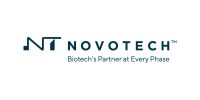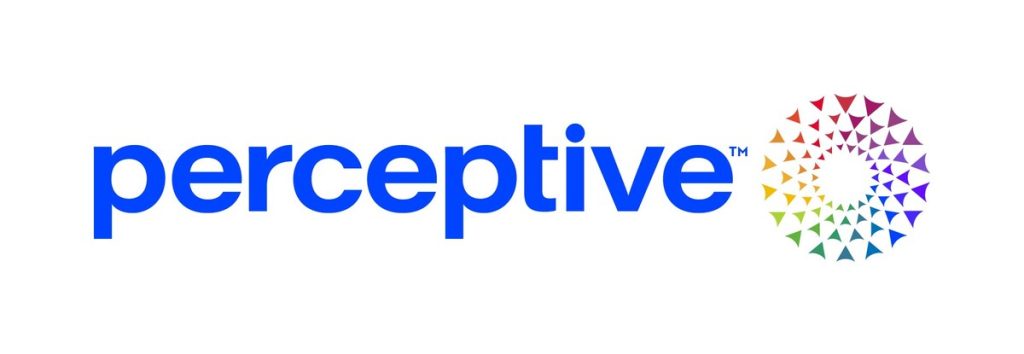Real life Impacts To LEP Patients Of The Executive Order Mandating English
Discover how the recent English-only Executive Order affects language access, legal liability, and patient safety — and what pharmacies can do to stay compliant.
Webinar Overview
Hosted by Andres Heuberger, Vice President and LEP Evangelist at RxTran, this webinar explores the sweeping implications of Executive Order 14224, which designates English as the official language of the United States.
The session examines how this policy shift affects Limited English Proficiency (LEP) populations, pharmacy operations, legal exposure, and the broader healthcare ecosystem — with actionable strategies to safeguard compliance and patient safety.
Why It Matters
Language barriers in healthcare lead to medication errors, reduced adherence, and inequitable care. Pharmacies now face heightened scrutiny under conflicting regulations — balancing ACA Section 1557’s non-discrimination mandates with the new federal directive emphasizing English-only use.
Addressing these challenges is essential for maintaining patient safety, civil rights compliance, and public trust in pharmacy services.
The LEP Population in the United States
Over 25 million U.S. residents are classified as Limited English Proficient.
- 9 out of 10 LEP individuals are adults.
- Over 60% identify as Hispanic/Spanish-speaking.
- Vietnamese communities have some of the highest LEP rates among Asian-origin groups.
These populations face barriers accessing healthcare, increasing the need for compliant, multilingual prescription labeling and interpreter services.
Understanding Executive Order 14224
Signed on March 1, 2025, Executive Order 14224 officially designates English as the language of the United States. The order revokes Executive Order 13166, which previously required federal agencies and funded entities to improve access for LEP individuals.
This reversal significantly alters the federal approach to language policy and could lead to reduced access to translation and interpretation services for millions of Americans.
Legal and Regulatory Implications
ACA Section 1557 Still Applies
Despite the new Executive Order, Section 1557 of the Affordable Care Act (ACA) remains law. It prohibits discrimination in healthcare programs and mandates meaningful access for LEP individuals.
However, agencies must now reconcile this legal requirement with the executive directive, creating uncertainty for compliance officers and pharmacy operators.
Federal Enforcement Responsibilities
Departments such as HHS and DOJ continue to enforce civil rights protections, ensuring that language access remains a public health priority, even as policy frameworks evolve.
Risks for Pharmacies
Failure to provide accurate translations can result in patient harm, legal liability, and reputational damage.
- Legal Settlements: A North Carolina pharmacy faced a $7.5M settlement after issuing the wrong medication due to a translation error.
- Regulatory Fines: States like California and New York have levied fines for non-compliant label translations.
- Insurance Costs: Repeated translation-related incidents can drive up malpractice premiums and liability expenses.
Pharmacies that fail to adapt risk not only compliance issues but also long-term erosion of community trust.
Supporting the LEP Population
1. Strengthen Language Access Programs
Invest in professional translation and interpreting services to maintain accessibility and compliance.
2. Train Pharmacy Staff
Implement cultural competency and language-access training for frontline employees.
3. Leverage Technology
Adopt AI-assisted translation tools and multilingual communication platforms to ensure real-time accuracy.
Advocacy and Collaboration
Industry professionals are encouraged to advocate for continued funding under Title VI and ACA Section 1557 and push for amendments to Executive Order 14224 that preserve equitable access. Collaboration with advocacy groups, civil rights organizations, and industry associations will be key to maintaining patient safety and compliance during this transition.
Technology Solutions for Compliance
RxTran
RxTran provides patented prescription label translation technology, delivering accurate and compliant translations in 26+ languages. RxTran’s solutions reduce medication errors, improve patient safety, and ensure pharmacies meet both state and federal language access requirements.
Language Scientific
Language Scientific’s On-Demand Phone Interpreting (OPI) services complement RxTran’s platform, enabling real-time interpretation during patient consultations and pharmacist interactions. Together, they create a comprehensive language access ecosystem for pharmacies nationwide.
Key Takeaways
- Executive Order 14224 reshapes U.S. language access policy.
- ACA Section 1557 still mandates compliance for LEP patient access.
- Pharmacies must balance legal, operational, and ethical responsibilities.
- RxTran and Language Scientific offer compliant, cost-effective solutions for sustainable LEP care.
The path forward demands collaboration, technology adoption, and advocacy to protect both patients and pharmacy operations in an evolving regulatory landscape.
Questions on this Webinar?
For more information on the topics covered in this webinar, or to speak with someone directly at Language Scientific please contact us below!





